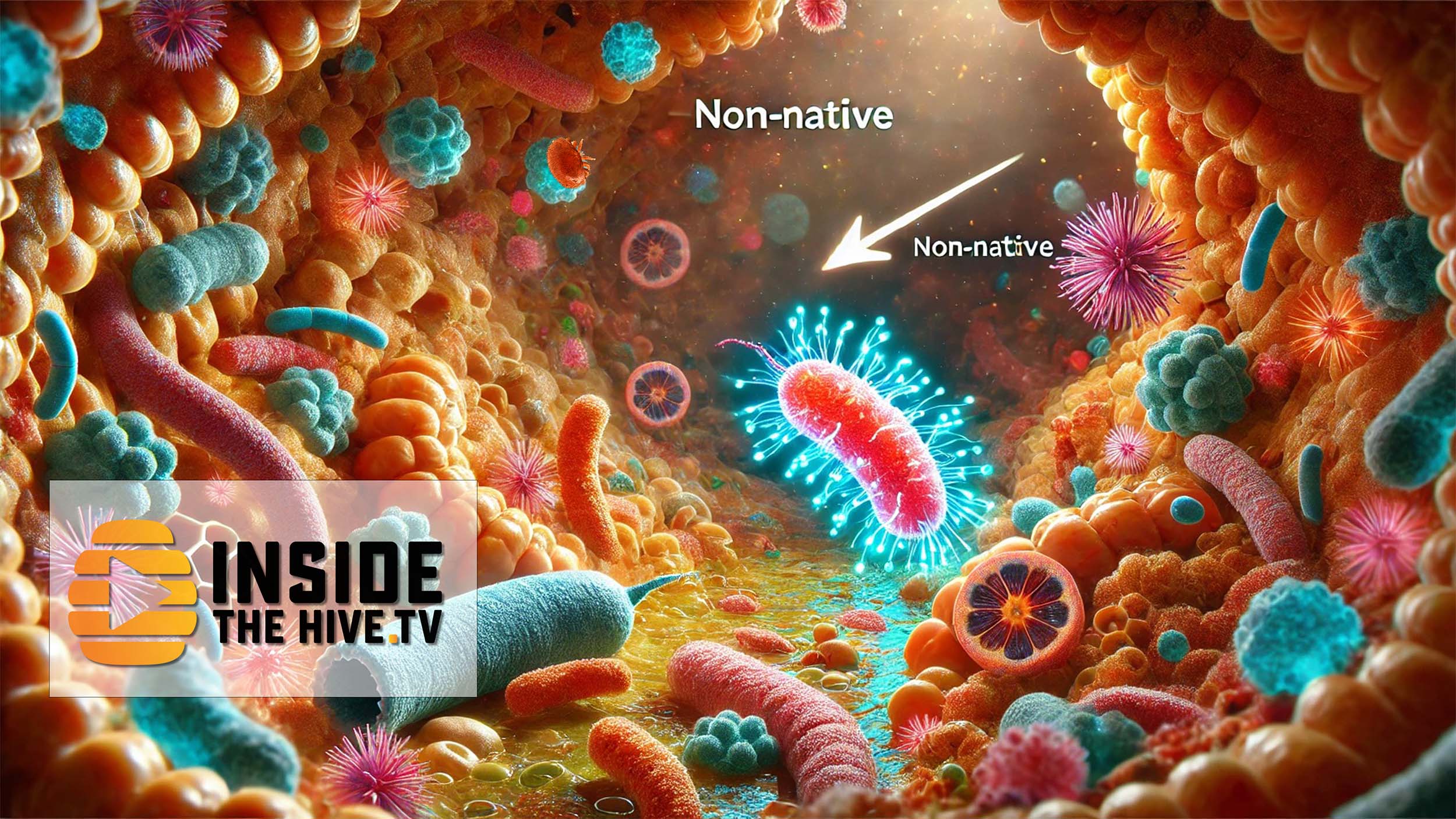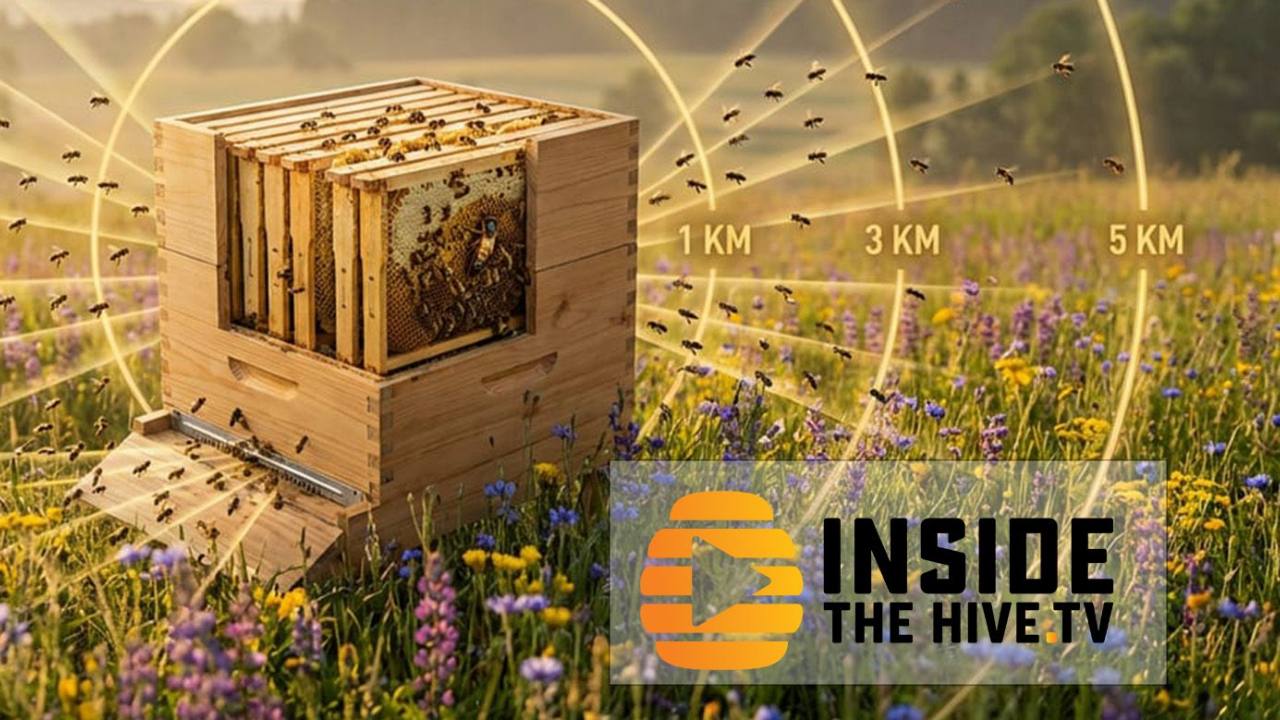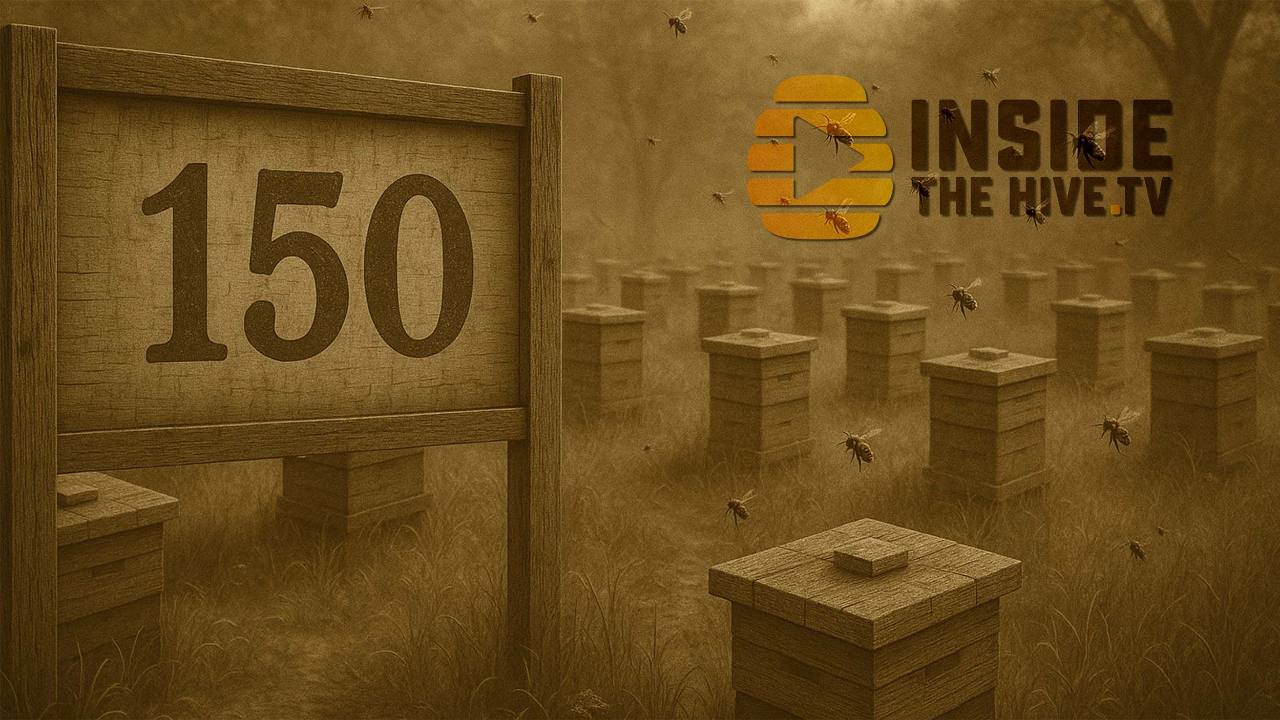What does science say about using non-native probiotics in honey bee health? Part 04

Can Non-Native Microorganisms Replicate in the Gut of Honey Bees?
If you are a beekeeper looking for information about the use of probiotics in beekeeping, you have likely already heard the argument that the probiotics on the market might be useless because they cannot establish themselves in the gut of honey bees.
This argument makes sense. How can a microorganism that cannot establish itself in its environment contribute meaningfully to it? Without proper replication, at best, they may serve only as a nutritional supplement for the bees and nothing more.
This is the opinion of some researchers I know, and I understand their perspective.
Recent research is shedding new light on the complex microbial interactions within honey bee digestive tracts, with a particular focus on whether environmental microorganisms can establish themselves within the bee gut. The study by Kogan et al. (2023) presents compelling evidence that the environmental yeast Lachancea thermotolerans can colonize honey bee digestive tracts, but its persistence is highly dependent on temperature.
This discovery raises important questions about the broader role of non-native microorganisms in bee health.
The Complexity of Colonization
Microbial colonization in honey bees is not a simple process. Honey bees maintain a relatively stable core microbiome that plays essential roles in digestion, immune function, and overall health. While L. thermotolerans was detected in the bee midgut, its ability to persist appears limited to temperatures below the standard colony temperature of 35°C. In laboratory conditions, it was found to remain in the gut longer at 29°C but struggled to sustain itself at higher temperatures.
This suggests that colony thermoregulation may act as a natural filter against certain environmental microbes. However, it is also possible that specific conditions—such as seasonal temperature drops or stress factors—could enable temporary colonization, altering the microbiome in ways we do not yet fully understand.
For a deeper dive into what science is saying about the use of non-native probiotics in honey bee health please check my previous articles on this subject.
Microbiome Disruptions: A Cause for Concern?
One of the more intriguing findings from the study is that newly emerged bees exposed to L. thermotolerans exhibited microbiome shifts, particularly in levels of the bacterium Gilliamella apicola, challenging the old narrative that non-native organisms cannot alter the well-established gut microbiome. This raises further questions: Is this yeast merely an incidental guest, or could it have functional implications for honey bee health? If non-native microbes can disrupt the microbiome, could they also influence susceptibility to pathogens or even impact digestion and nutrient absorption? Can other non-native microorganisms also replicate under specific conditions and therefore influence the biology of the colony?






